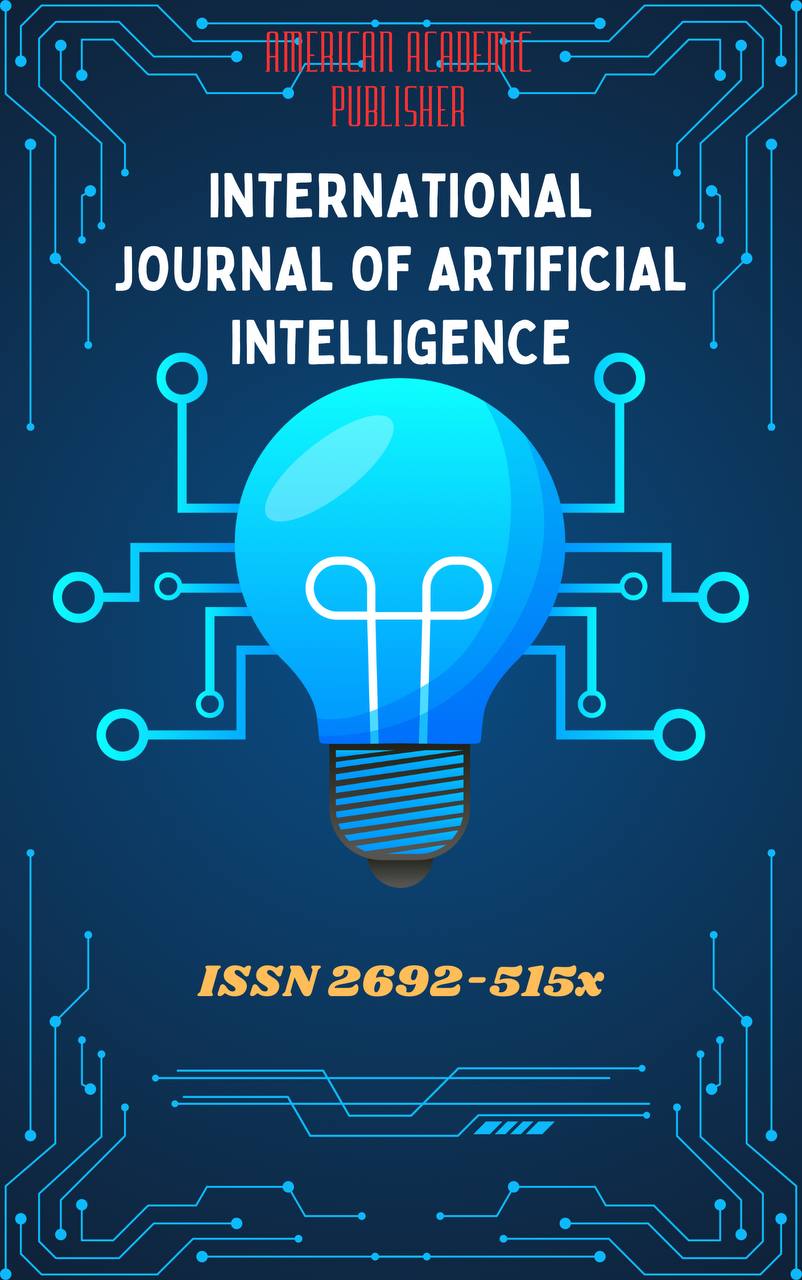 Articles
| Open Access |
Articles
| Open Access | USING TECHNOLOGIES IN TEACHING RUSSIAN LANGUAGE IN UNIVERSITIES: FROM ONLINE COURSES TO DIGITAL EDUCATIONAL PLATFORMS
Inamova Nargiza Odilovna , Lecturer of the Department of Foreign Languages, Journalism and Mass Communications University of UzbekistanAbstract
In the modern educational landscape, the integration of digital technologies has significantly transformed the teaching and learning process of foreign languages, including Russian. This article explores the role of technological advancements in teaching Russian at universities, highlighting various digital tools such as online courses, multimedia applications, virtual classrooms, and AI-based learning platforms. It discusses the benefits of using digital technologies, including enhanced accessibility, interactivity, and individualized learning experiences. The study also examines challenges associated with digitalization in education, such as maintaining student engagement, ensuring the quality of online resources, and adapting traditional teaching methodologies to modern technological trends. The paper emphasizes the effectiveness of blended learning approaches, where traditional face-to-face instruction is combined with digital tools to optimize language acquisition. The findings suggest that integrating digital platforms into Russian language instruction not only improves students’ linguistic skills but also fosters their motivation and engagement in the learning process. The article concludes by outlining best practices for implementing technology-enhanced language teaching and the future prospects of digital education in universities.
Keywords
Digital education, online learning platforms, Russian language teaching, blended learning, e-learning tools, virtual classrooms, AI in education, multimedia applications, higher education.
References
Alekseeva, L. M. (2020). Digitalization in Higher Education: Opportunities and Challenges for Language Teaching. Journal of Educational Technology, 15(3), 45-60.
Belova, E. V., & Petrova, A. I. (2021). Blended Learning Approaches in Teaching Russian as a Foreign Language: Case Studies from Universities. International Journal of Language Studies, 14(4), 78-95.
Ellis, R. (2008). The Study of Second Language Acquisition. Oxford University Press.
Saodat, S. (2021). The benefits of using critical incidents in teaching languages. In Conference. Perspectives of implementing international experience in foreign languages teaching (Vol. 11, pp. 86-89).
Abdujabarova, K. H. Q. (2024). Analysis of Speaking Methods in Teaching Foreign Languages. Journal of Higher Education and Academic Advancement, 1(1), 219-223.
Botirova, D. B., Abdullayeva, M. R., Khaydarov, I. Y., Khaydarova, R. N. A., & Sharofova, S. S. Social Psychological Features of the Process of Professional Stress in Pedagogical Activity. Journal Power System Technology ISSN, 1000-3673.
Gorshkova, T. V., & Mikhailov, V. N. (2022). Artificial Intelligence in Language Learning: A New Era for Russian Language Instruction. Educational Innovations Journal, 18(1), 33-49.
Petrov, I. S., & Smirnova, K. D. (2023). Virtual Classrooms in Language Education: Enhancing Interaction and Engagement in Russian Language Learning. Computers and Language Learning, 21(2), 88-105.
MAXMUDOVA, U. F. (2023, October). PRAGMATIC PROBLEMS IN TEACHING ENGLISH. In International Scientific and Current Research Conferences (pp. 498-503).
Raxmonkulovna, A. M., Ilxomqizi, S. S., & Xaitbayevna, N. M. (2020). Principles of understanding a positive language in translation (in act of the agata Kristi works). ACADEMICIA: An International Multidisciplinary Research Journal, 10(4), 156-158.
Article Statistics
Downloads
Copyright License

This work is licensed under a Creative Commons Attribution 4.0 International License.

